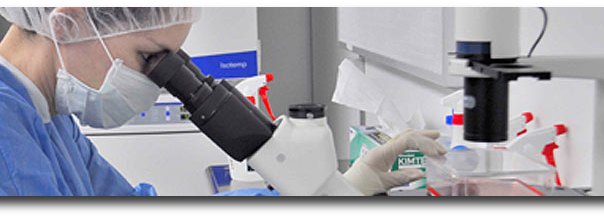Stem Cell Treatment for Autistic Children Holds Promise

Researchers at the Duke Center for Autism and Brain Development report promising results from a stem cell treatment for autistic children based on a new study that was conducted on 25 children between the ages of 2 and 6. Investigators are optimistic but warn that a lot of work still needs to be done.
Autism: An Overview
Autism is a type of developmental disorder that affects a person’s perception of the world and their interaction with others. Autism cannot be cured. In fact, some people believe being autistic is a fundamental part of who they are. Moreover, autism is a spectrum and different people are affected differently and require varying levels of support.
Autism: Statistics
According to the CDC, 1 in 68 children in America has ASD (autism spectrum disorder). The condition is more common in boys (1 in 42) compared to girls (1 in 189).
Duke University Study: Stem Cell Treatment for Autism
Study participants at Duke were transfused with their own blood obtained from the umbilical cord. Cord blood contains rare blood stem cells normally only found in the bone marrow. Investigators report that many of the children treated with stem cells showed improvements in behavior. A bigger trial is underway with the hope of identifying an enduring treatment for autism spectrum disorders.
According to some experts, however, the study leaves many questions unanswered. This was an initial safety study. The families of the children were aware that the study included no control group, i.e., doctors were not comparing the treated children to untreated children.
Nonetheless, early results are encouraging. Children who had limited communication before the treatment exhibited substantial improvement in vocabulary and functional speech following the stem cell transfusion. Many of the children displayed more meaningful communication and were able to play better, reports one of the study authors, Dr. Joanne Kurtzberg of the Robertson Clinical and Translational Cell Therapy Program. A reduction in repetitive behaviors was also noted.
These positive results hold great promise for autistic children and their families. However, establishing the efficacy of a treatment requires comparison to a control group, says Dr. Geraldine Dawson of the Duke Center for Autism and Brain Development.
References:
1. http://www.autism.org.uk/card
2. https://www.autismspeaks.org/what-autism/prevalence
3. http://www.webmd.com/brain/autism/news/20170406/stem-cell-therapy-autism


